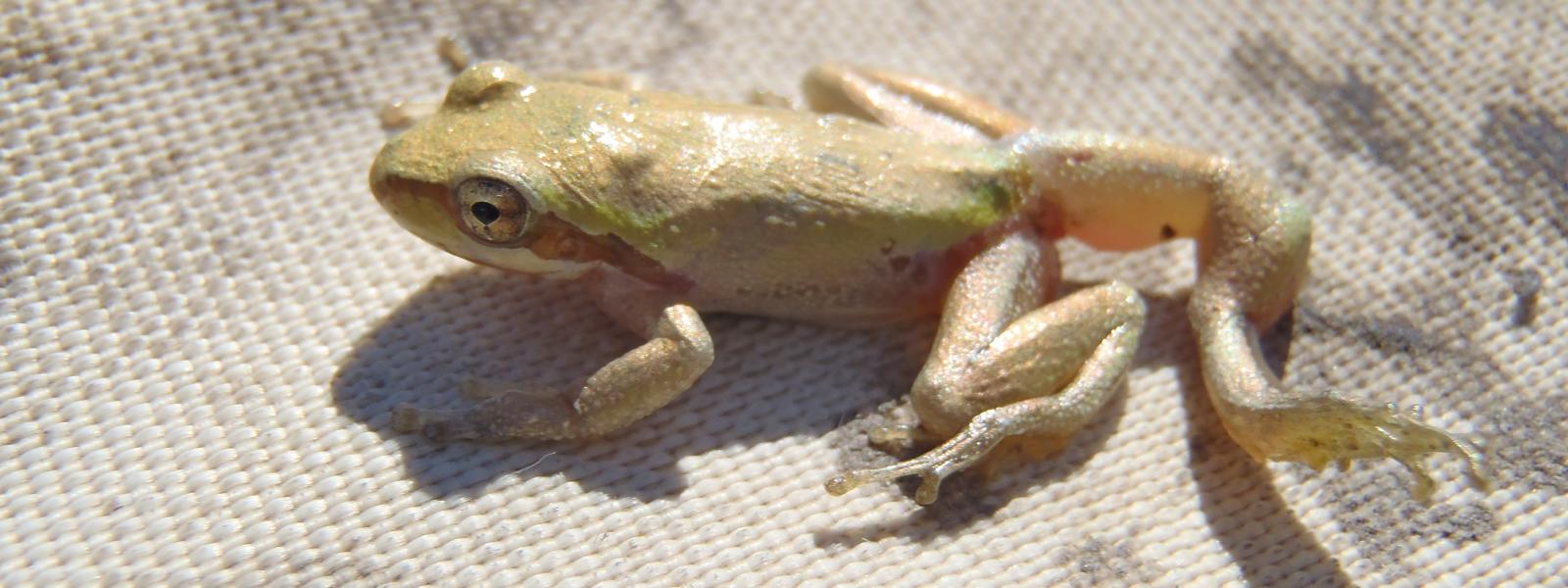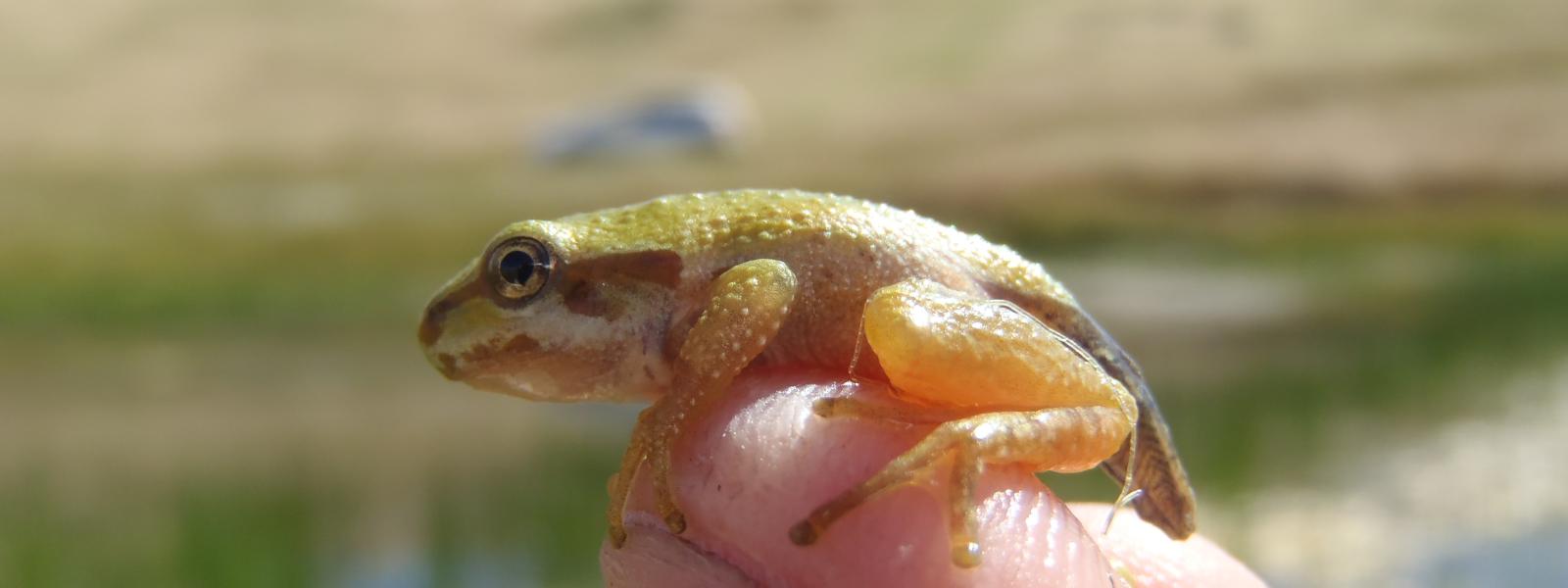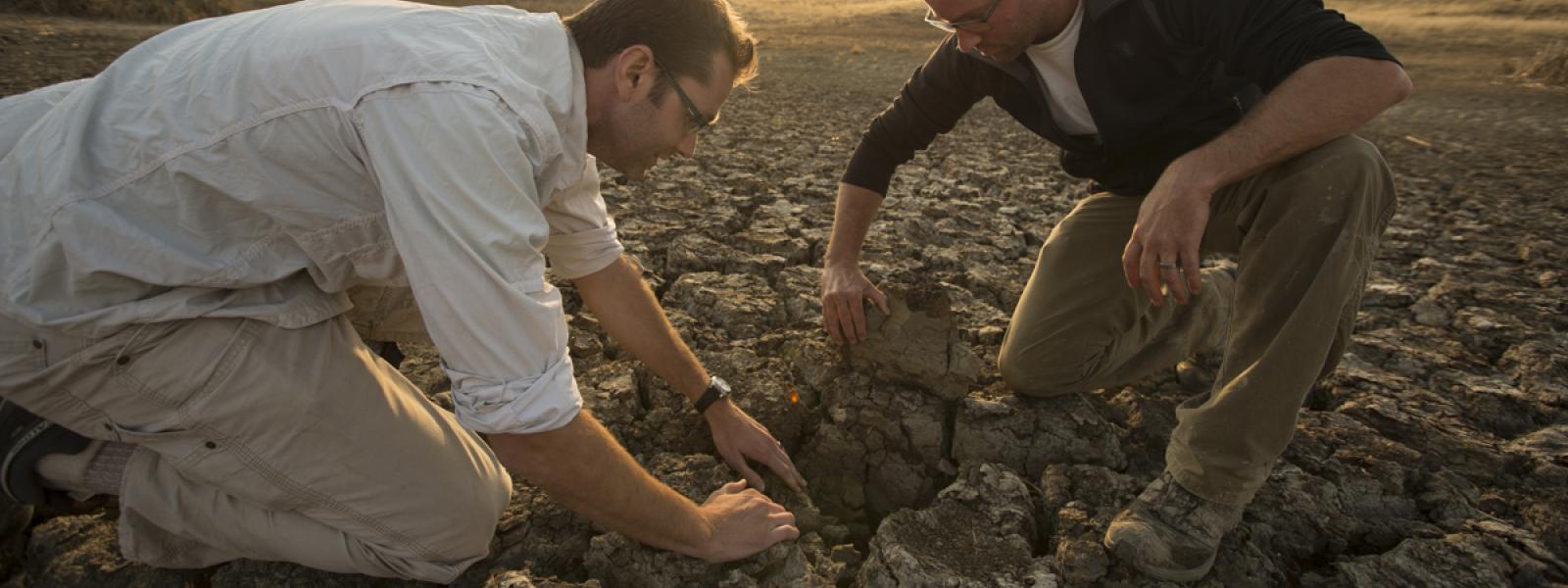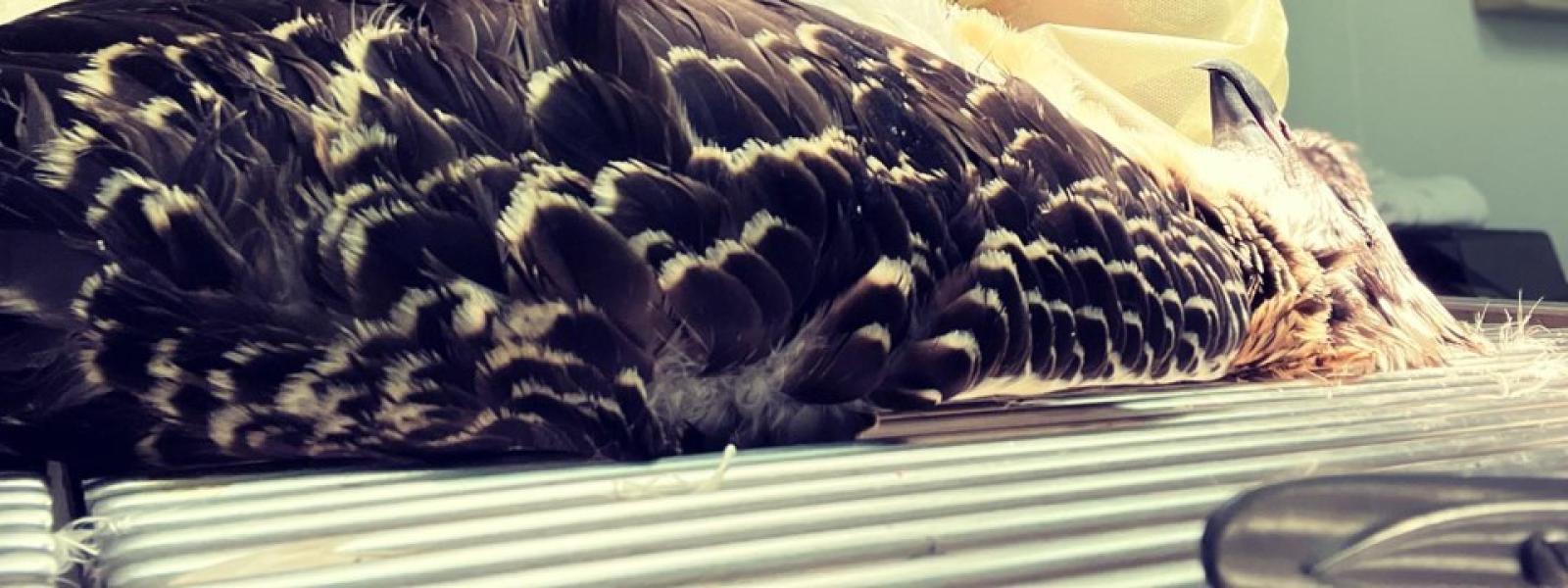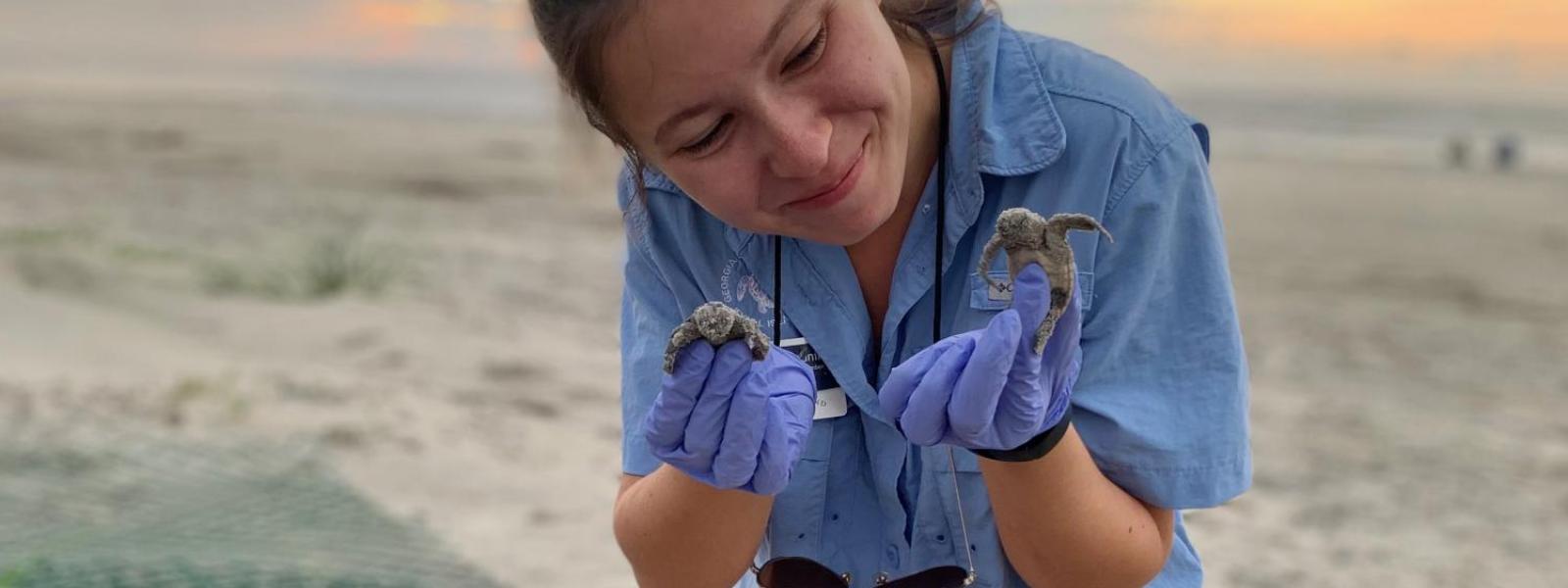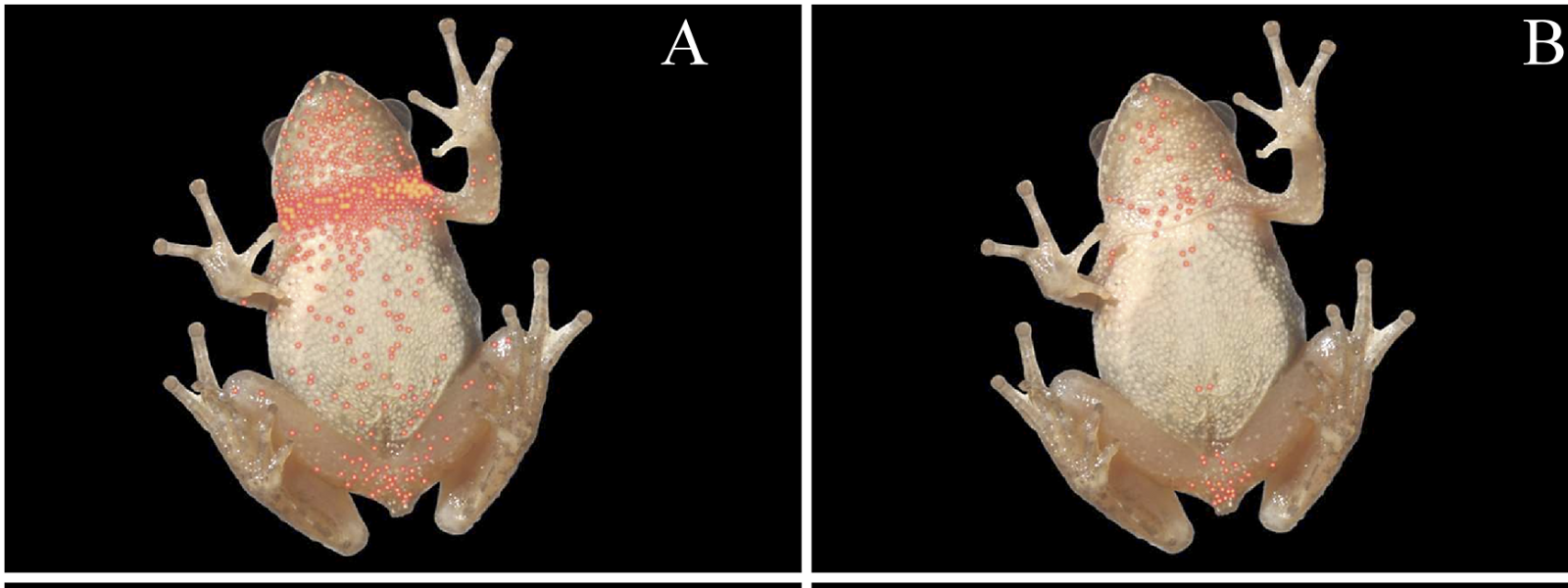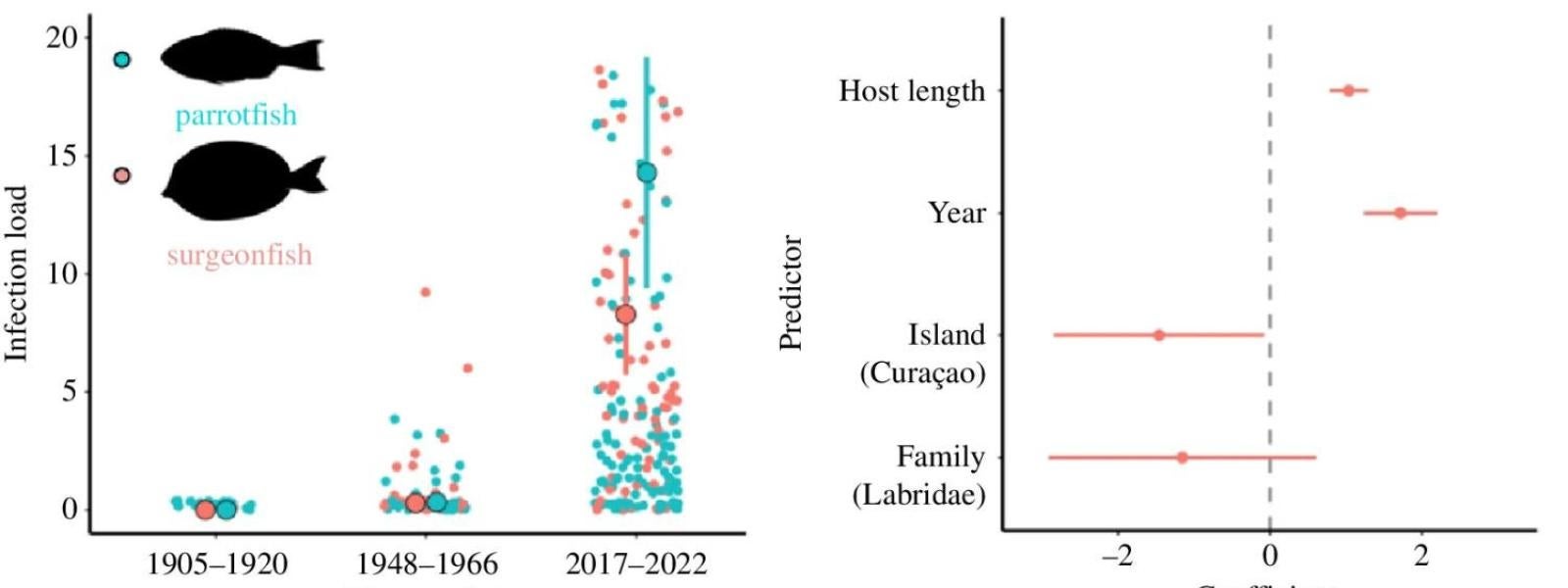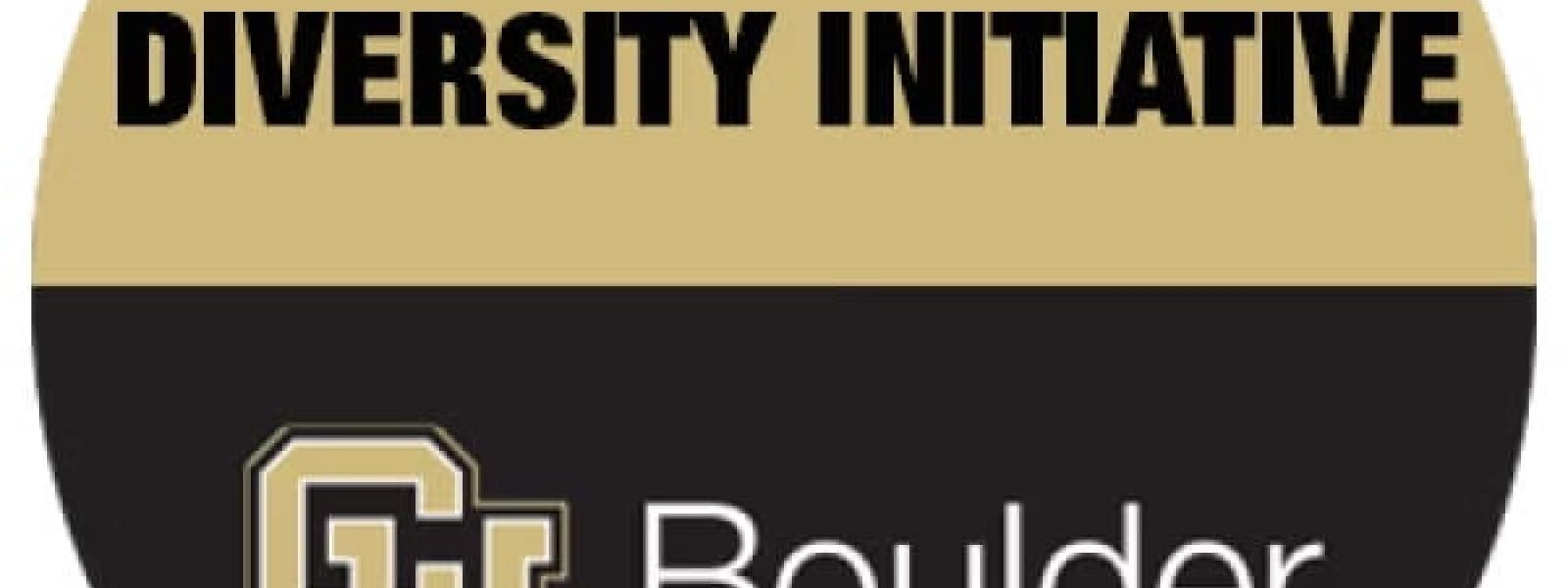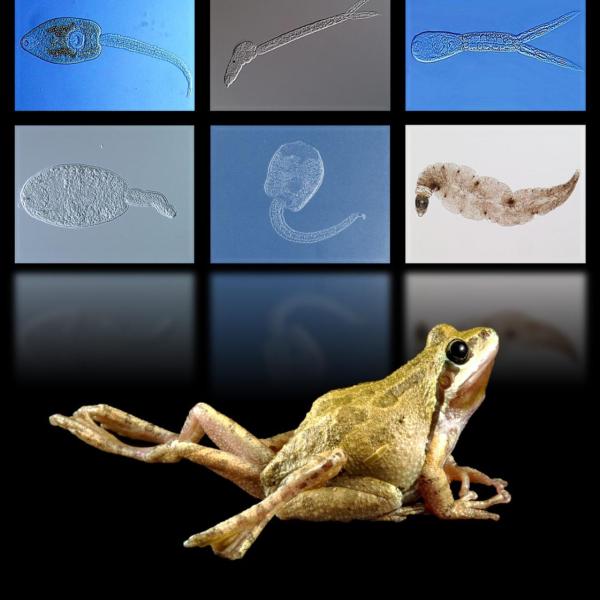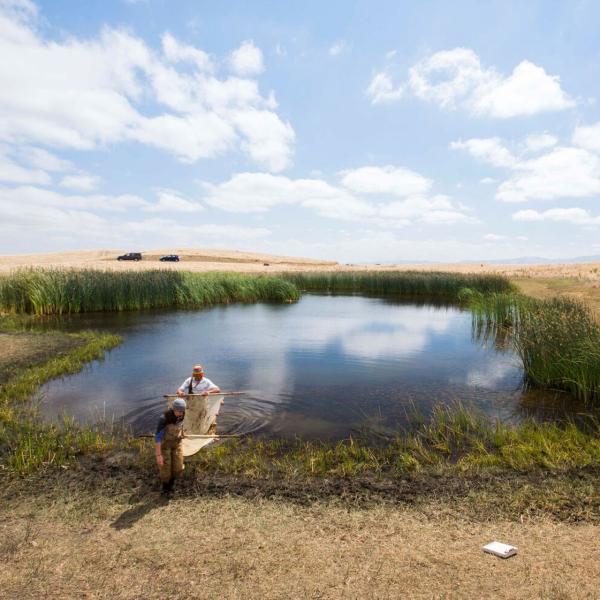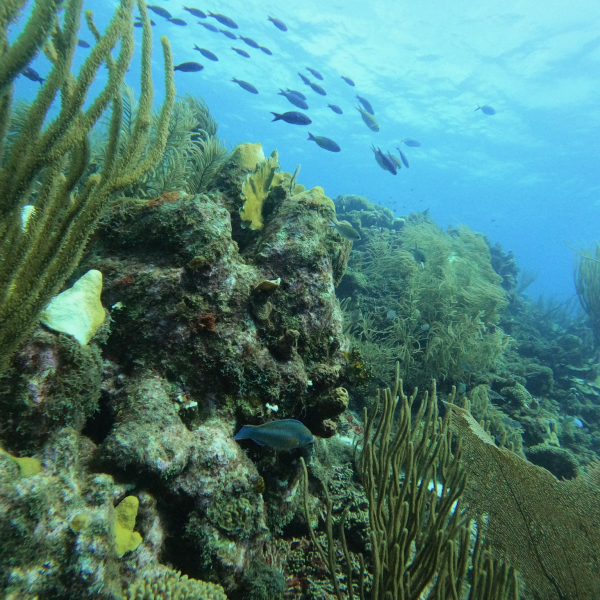Home
What We Do
Our research focuses on two pervasive and inter-related forms of biological change: disease emergence and species invasions. Both have important consequences not only for individuals and populations, but for entire ecological communities and ecosystem processes. Invasions and disease can also have costly economic and health repercussions for human society. Our group strives to bring a broad perspective to these questions by combining field experiments, large-scale spatial and temporal field data, molecular tools and ecological modeling.
Disease community ecology
We apply approaches from community ecology to better understand and manage contemporary disease threats of humans and wildlife, which are often the product of interactions among multiple host species, coinfecting parasites, and other species.
Our troubled waters
Lakes, rivers, ponds and streams have become some of the most imperiled habitats on earth. Our group uses diverse tools ranging from genomics to ecosystem experiments to understand how freshwater systems are changing and at what cost.
Parasites and reef ecosystems
Coral reefs are among the most biodiverse ecosystems on Earth, yet surprisingly little is known about the ecological roles of parasites within these environments. Our group aims to evaluate the factors driving large-scale changes in infection as well as its consequences for reef communities.


